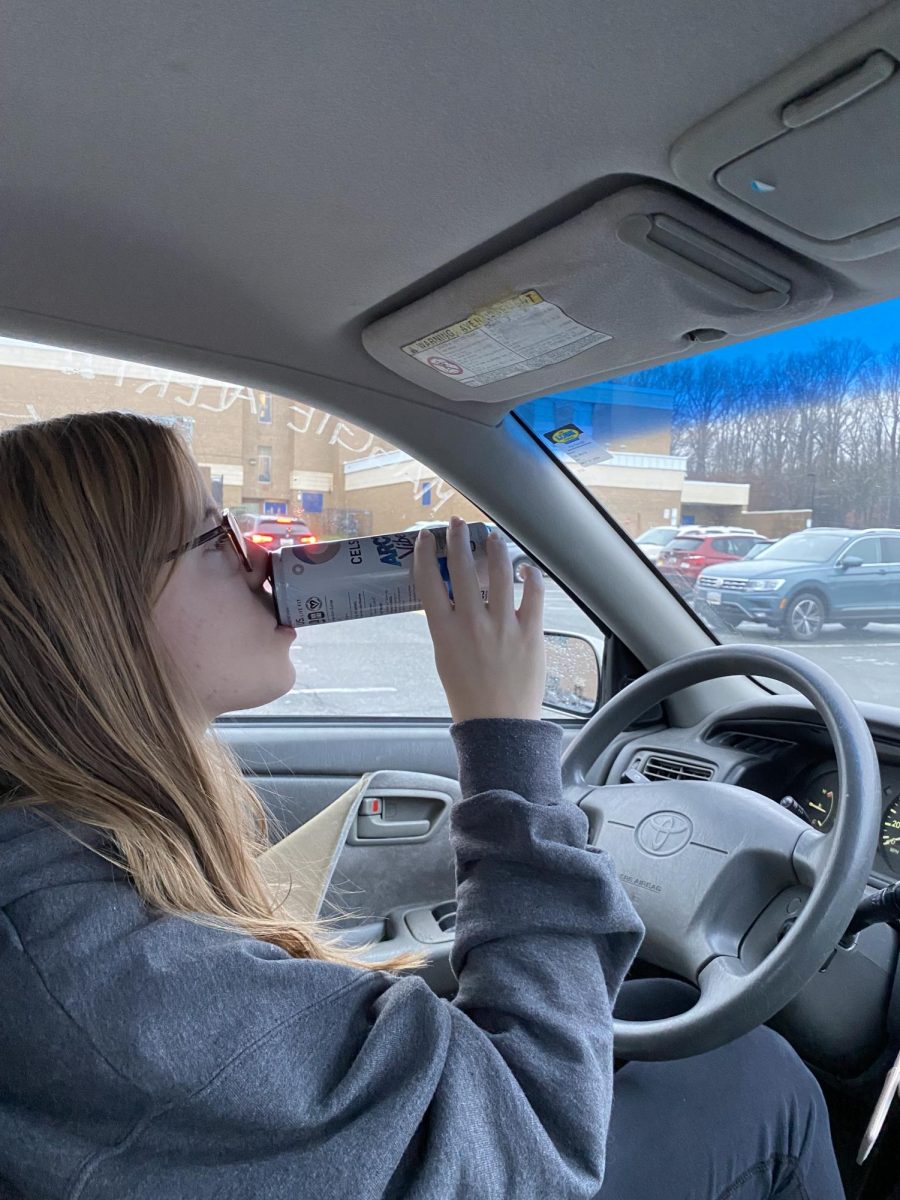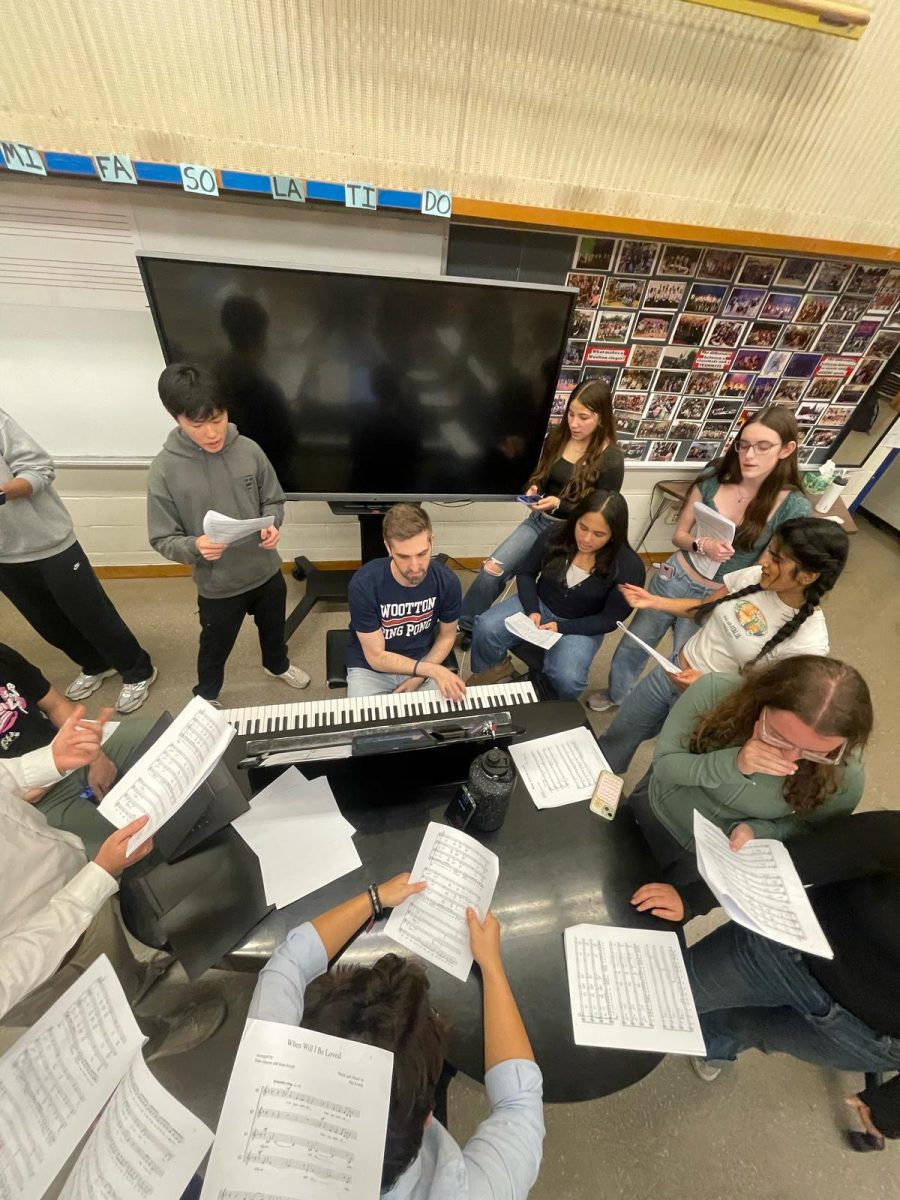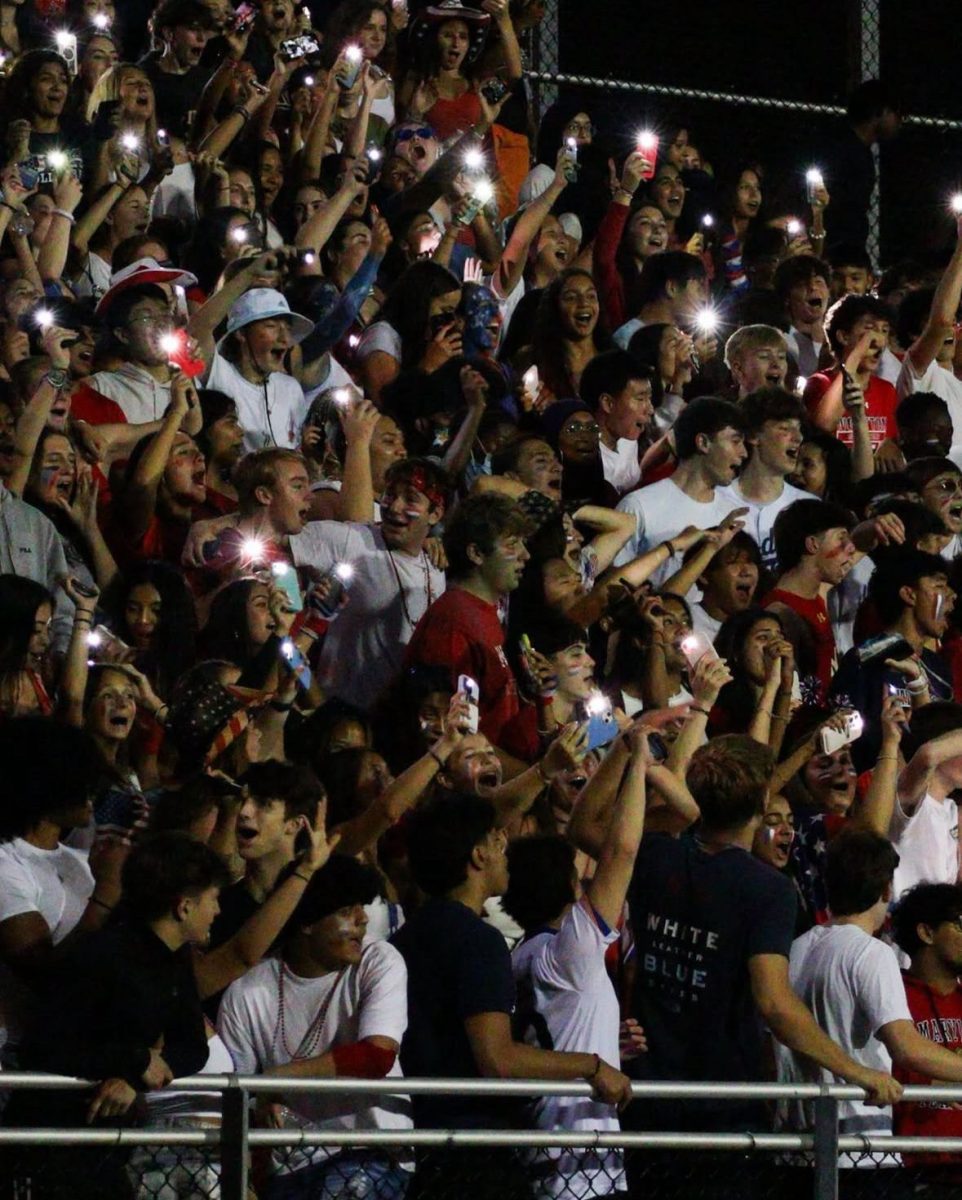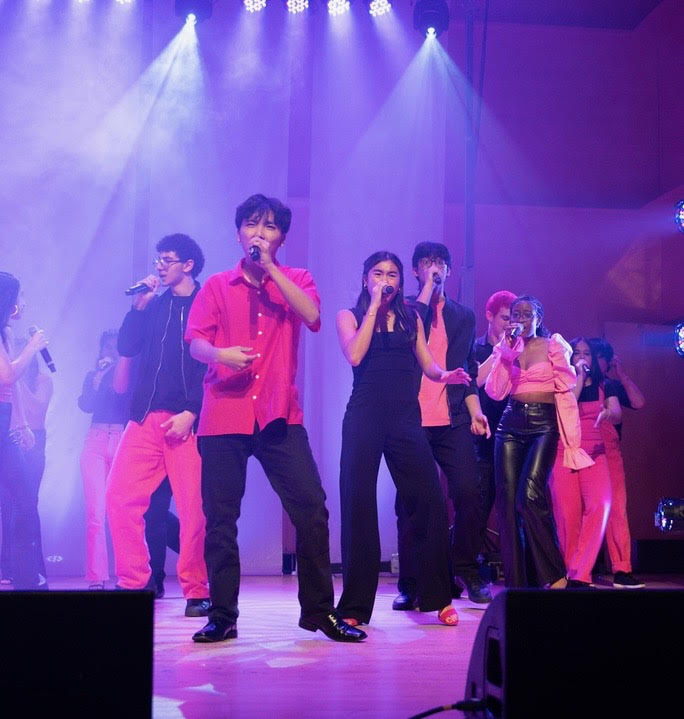How come I have trouble working late at night and feel overly tired even though I had an energy drink in the morning and was on a roll all day? Though they seem great, energy drinks have many hidden benefits.
Celsius, Alani, Ghost, Redbull. With intriguing names like these, energy drinks fly off the shelves. The main population of buyers? High school students who despise waking up in the morning. They swear by the zero-calorie, low sugar, caffeine-filled beverages, but have they ever thought about the effects past the hours of gained energy?
After long nights of extracurriculars and homework, high schoolers love their sleep. Waking up becomes a daily challenge that nothing but caffeine can subside. As students leave on their way to school, an energy drink may seem like an easy and perfect way to start the day, but they are not what they seem to be.
With neon coloring and flashy designs, energy drinks have a great variety of benefits. The key ingredients being sugar and caffeine, energy drinks provide an extreme energy and mood boost, keeping one awake and energized to combat a long day. The long day can be never-ending though, as energy drinks are closely linked to insomnia. According to research done by Health, daily energy drinkers take longer to fall asleep and are more likely to wake up during the night than non-drinkers. Sleep is one of the most important factors of a high school student’s needs, a lack of it can cause performance and mental issues.
Not only do students use the canned energy for school, but for their workouts. Gulping down an energy drink before a workout can help with performance and endurance. After the workout though, the drinker’s heart rate remains high. The American Heart Association led a study which concluded that caffeinated energy drinks significantly prolong the QTc interval and raise brachial and central blood pressure post‐acute exposure. In simpler terms, energy drinks can cause abnormal heart rate and high blood pressure. Higher heart rates from exercise with an additional increase from an energy drink can raise a heart rate to extreme levels.
When looking at health, energy drinks are a zero calorie option which limits weight gain and sugar consumption. A large number of brands promote their drinks being zero calorie and sugar-free drinks, but a small amount don’t. If students are unaware of the drink’s ingredients and pick their energy drink based on what flavor sounds appealing, they could be consuming an extreme amount of sugar in the long run, leading to potential weight gain.
Energy drink consumption can affect the mental and physical health of young people, particularly when consumed in excess. Experts have found that teens may turn to energy drinks as a coping mechanism with long-term consequences that translate to codependency. While certain teens consume energy drinks for performance enhancement, others engage out of social acceptance. The sociality of energy drinks make them a leading cause to the creation or enhancement of mental health issues. Teens will notice they are “trendy” amongst their peers and start drinking them to fit it or appear “cool,” when in reality they are damaging their health by not needing the caffeine.
Although they may not seem as harmful as drugs, food addictions, such as an energy drink addiction, share behavioral similarities. Though it is not a defined addiction, symptoms of energy drink addiction are uncontrollable intake and extreme cravings. If a frequent drinker takes even a slight break, they could experience withdrawal symptoms such as headaches, irritability, fatigue and a depressed mood.
As the dangers and harms of energy drinks are brought to light, students looking for a new alternative for their awaited morning fresher can experiment with coffee and shakes. According to registered dietitian Jennifer Kerner in an article with University Hospitals, because coffee is a natural, plant-derived food that contains vitamins, antioxidants and other nutrients, without added sugar, it is the healthier choice over most energy drinks.






![The 2025-2026 Editorial Board Alex Grainger, Cameron Cowen, Helen Manolis, Emory Scofield, Ahmed Ibrahim, Rebekah Buchman, Marley Hoffman, Hayley Gottesman, Pragna Pothakamuri and Natalie Pak (Chase Dolan not pictured) respond to the new MCPS grading policy. “When something that used to be easy suddenly becomes harder, it can turn [students’] mindset negative, whereas making something easier usually has a better impact. I think that’s where a lot of the pushback comes from. But if you put emotions aside, I do think this change could help build stronger work ethic,” Ibrahim said.](https://woottoncommonsense.com/wp-content/uploads/2025/09/fqr5bskTXpn0LRQMmKErLuNKdQYBlL726cFXBaWF-1200x900.jpg)


